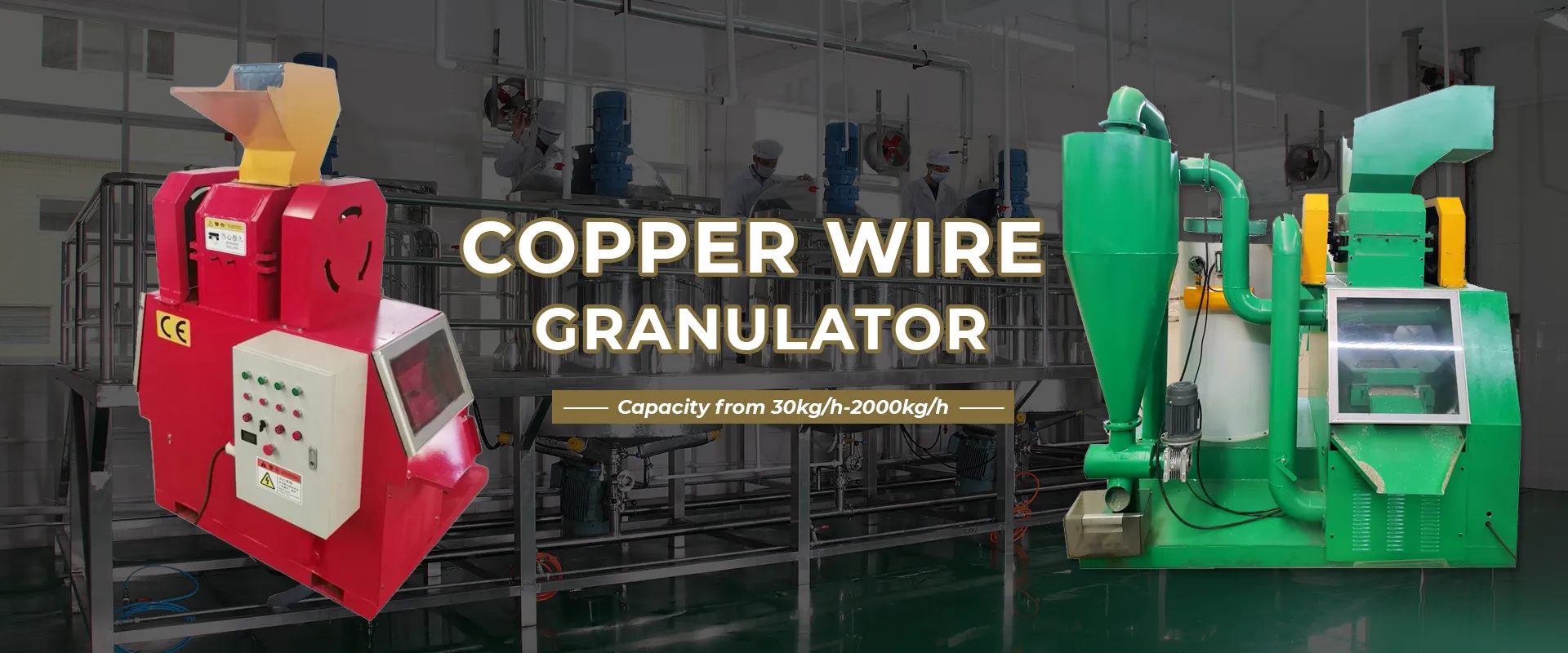

ডিসে. . 10, 2024 15:08 Back to list
The Most Profitable Metal to Recycle An Overview
In the era of environmental consciousness and sustainability, recycling has become a crucial focus for individuals and industries alike. Among various materials that can be recycled, metals stand out due to their value and the energy savings associated with recycling them. When it comes to profitability in metal recycling, copper frequently shines as the most lucrative option. This article delves into why copper is considered the most profitable metal to recycle and explores other metals that also hold significant value.
The Value of Copper
Copper is widely regarded as the king of recyclable metals for several reasons. First and foremost, its demand in various industries is high. Copper is a vital component in electrical wiring, plumbing, and electronics—making it essential for both residential and industrial applications. The global push for renewable energy sources, such as wind and solar power, has further amplified the demand for copper, as it is a key material in manufacturing solar panels and wind turbines.
The recycling process for copper is efficient and economically viable. Recycled copper retains 90% of its original value compared to newly mined copper. Once copper is extracted from older products, it can be reconstituted without losing its properties, which makes it highly attractive for manufacturers looking to reduce costs. The market price for recycled copper tends to fluctuate based on overall demand, but it typically remains significantly higher than for most other metals.
The Recycling Process
Recycling copper is a process that involves several steps, including collection, sorting, shredding, and melting. Once collected, scrap copper needs to be sorted into different grades, such as bare bright copper wire, copper tubing, and mixed copper. Each grade of copper can fetch different prices, with bare bright wire usually commanding premium rates.
After sorting, the copper is shredded into smaller pieces, which makes it easier to melt down in furnaces. The melted copper can then be poured into molds to create ingots, which can be sold to manufacturers for use in new products. This entire recycling process not only provides financial returns but also reduces the environmental impact associated with mining new copper, which can be energy-intensive and harmful to ecosystems.

Other Profitable Metals
While copper leads the pack, several other metals are also noteworthy in the recycling sector
1. Aluminum Aluminum is another highly recyclable metal and can be recycled repeatedly without losing quality. With the rise in demand for sustainable packaging, especially in the food and beverage sectors, the value of recycled aluminum has increased. It requires only about 5% of the energy needed to produce new aluminum from bauxite.
2. Gold Though less commonly recycled due to its presence in e-waste (electronic waste), gold has a very high market value. Recyclable from devices like smartphones and computers, gold is often extracted from circuit boards and connectors. Despite its lower volume in recycling streams, the high value makes it profitable.
3. Steel Steel accounts for a significant portion of the recycling market. It’s readily available in construction and manufacturing waste. Recycling steel is cost-effective, saving about 60% of the energy required to produce new steel products.
4. Lead Lead, often found in batteries, is another metal with notable recycling value. The recycling process for lead is well-established, and it can be recycled without degrading its quality.
Conclusion
Recycling metals is not just a beneficial practice for reducing waste; it’s also a profitable venture. Among the various metals, copper stands out due to its high value and the demand from multiple industries. However, aluminum, gold, steel, and lead also contribute significantly to the recycling market. As we look toward a more sustainable future, the importance of metal recycling will only continue to grow, providing both environmental benefits and economic incentives for individuals and businesses alike. Embracing recycling efforts will not only enhance profitability but also contribute to a healthier planet.
Latest news
Troubleshooting Common Eddy Separator Problems
NewsJul.04,2025
The Role of Metal Recycling Plants in Circular Economy
NewsJul.04,2025
The Impact of Recycling Line Pickers on Waste Management Costs
NewsJul.04,2025
Safety Features Every Metal Shredder Should Have
NewsJul.04,2025
How Industrial Shredders Improve Waste Management Systems
NewsJul.04,2025
How Cable Granulators Contribute to Sustainable Recycling
NewsJul.04,2025